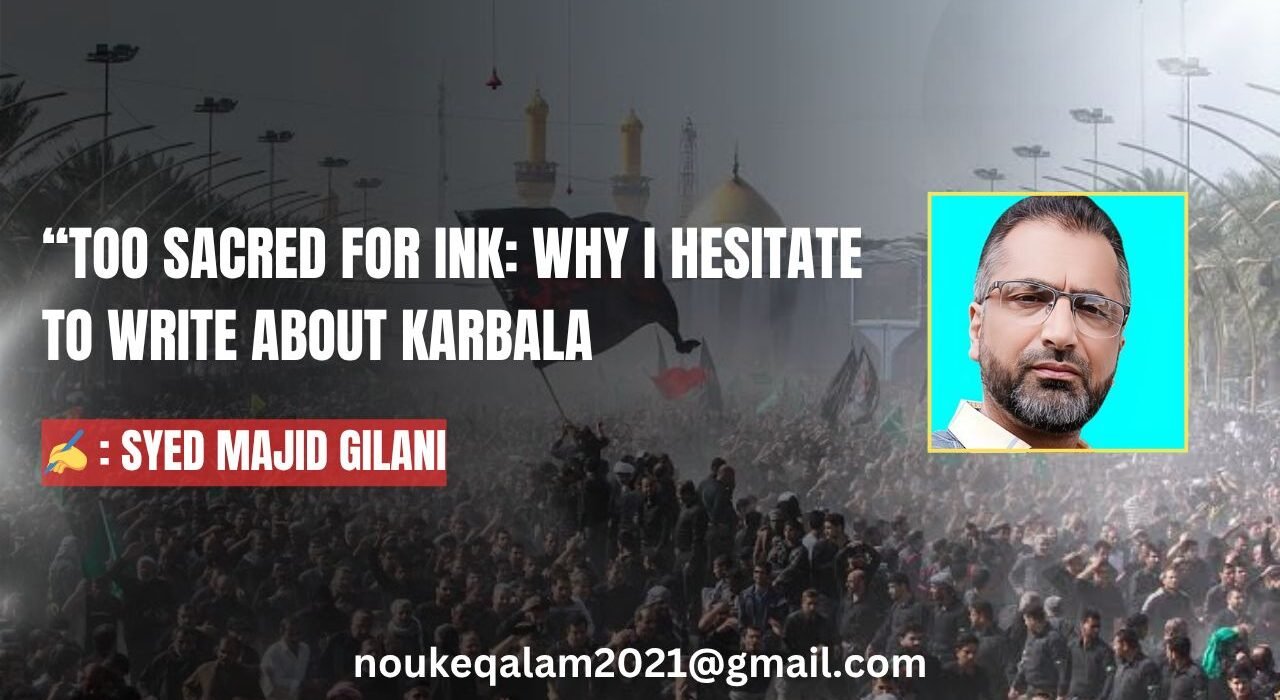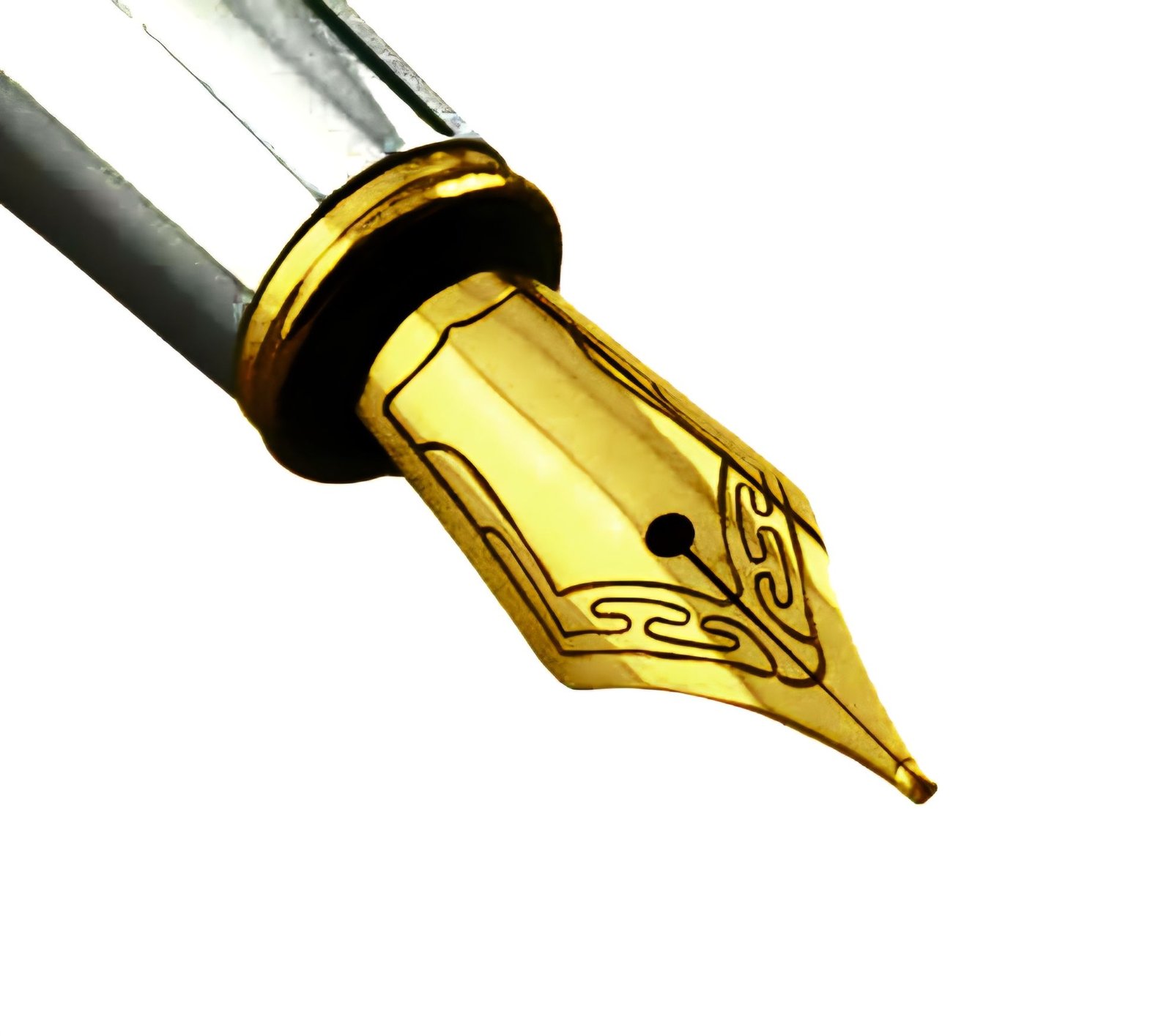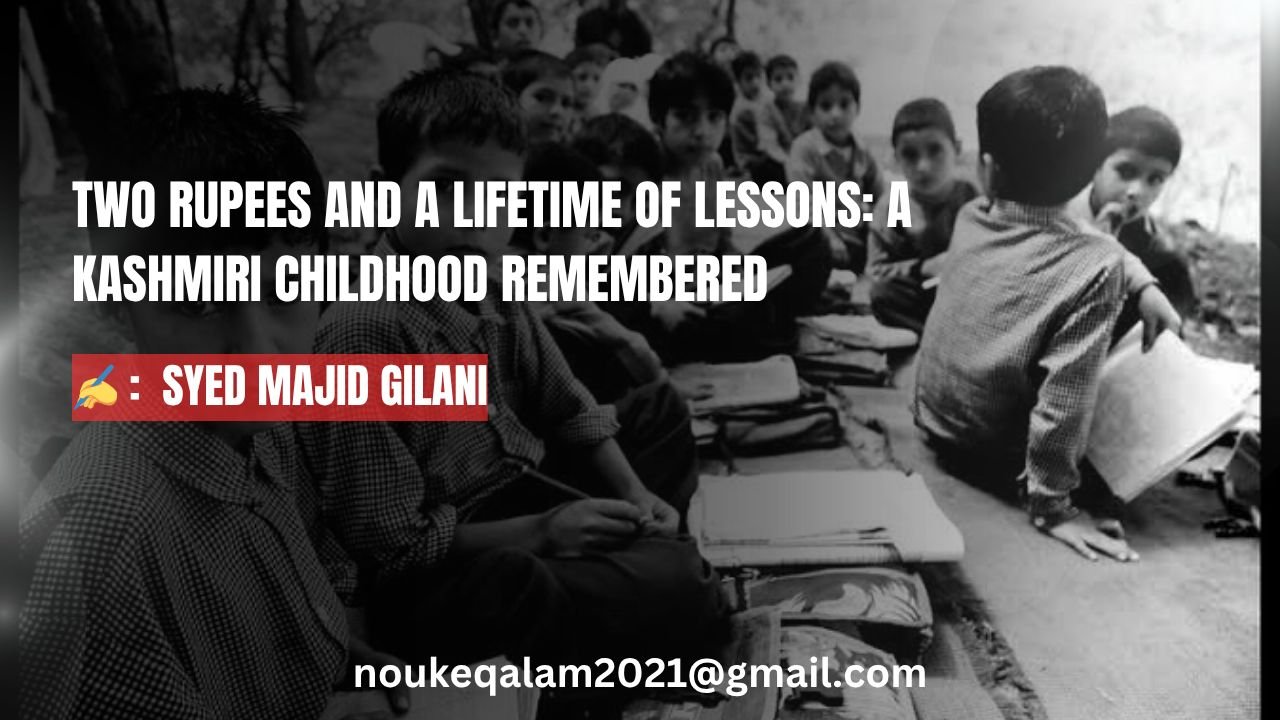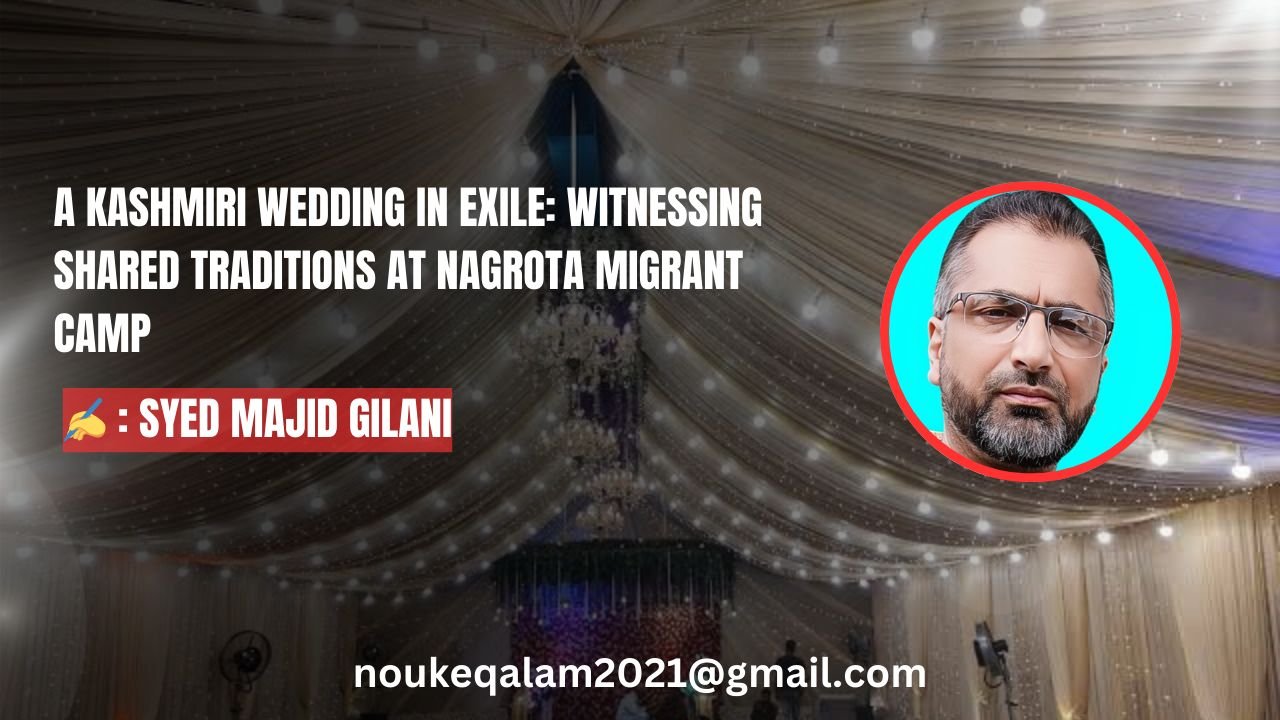A few days ago, a dear friend of mine, Azhar Abbas, asked me a question that left me silent for a while. He said, “Majid, you often write about pain, separation, injustice, and sorrow. But why don’t you ever write about Karbala?”
I looked at him and quietly replied, “Azhar, it’s not that I don’t want to write. It’s that I feel too small… too unworthy.”
You see, Karbala is not something one can simply describe with words. It’s not an ordinary tragedy. It is the greatest sacrifice in the history of humanity. It doesn’t deserve to be written with ink — it deserves to be written with blood. And I feel my pen is not worthy of carrying that weight.
Karbala is not just a chapter in Islamic history. It is the soul of Islam. It is the living example of truth, patience, loyalty, courage, and sacrifice. It teaches us what it truly means to stand for justice — even when you are alone, even when the price is your own life and the lives of those you love.
Hazrat Imam Hussain (A.S.), the beloved grandson of Prophet Muhammad (PBUH), knew that he would be martyred. Yet he stood firm — not for power, not for status — but for truth, for Islam, to preserve the values taught by his father Hazrat Ali Murtaza (KW), his mother Hazrat Fatimah Zehra (SA), and his grandfather, the Prophet (PBUH). He gave everything — his sons, his brothers, his closest companions, even his six-month-old baby — but he never bowed to falsehood.
Hazrat Abbas (A.S.), the lion-hearted brother of Imam Hussain, went out to bring water for the thirsty children. His arms were cut off, yet his loyalty never wavered. He died thirsty — but not defeated. His sacrifice wasn’t just for water — it was for love, loyalty, and faith.
Then came the moment that still makes hearts tremble — when Hazrat Imam Hussain (A.S.) held his six-month-old son, Hazrat Ali Asghar (A.S.), in his arms and asked for just a drop of water. The reply was an arrow that pierced the baby’s tender neck. What kind of cruelty was this? Yet even then, Hazrat Imam Hussain (A.S.) did not curse them. He simply said, “If this pleases my Allah, then let it be.”
Hazrat Imam Zain ul Abideen (A.S.), his son, was too ill to fight. But his heart carried the pain of Karbala every single day of his life.
And then came the most heartbreaking moment — the martyrdom of Hazrat Imam Hussain (A.S.) himself. Alone, wounded, tired, and thirsty, he stood tall on the battlefield, refusing to surrender, refusing to bow before injustice. Surrounded by thousands, he chose to die with honour rather than live with disgrace. His head was severed. His body trampled. But even in death, he was victorious — because he stood for truth. And truth never dies.
The tents were set on fire. The women of the Prophet’s family, their companions, and their children were taken as prisoners. They were dragged from Karbala to Kufa, and then to Damascus. But even in chains, they carried strength, dignity, and courage. They didn’t beg. They didn’t break. They remained unshaken.
And in the court of Yazid, it was Hazrat Zainab (S.A.) who stood like a lioness. She faced the tyrant with fearless resolve. She gave a speech that shook his throne. She reminded the world — truth never dies, and falsehood never lasts.
During the months of Muharram and Safar, I sometimes read the marsiyas, and I cannot hold back my tears. Marsiyas bring Karbala to life. But when I try to write — I feel helpless. How do you describe a pain so sacred, a sacrifice so noble?
I am a Sunni Muslim. And my heart cries for the family of the Prophet (PBUH). Karbala is not the legacy of one sect. It belongs to every Muslim — to every heart that believes in truth and justice.
Karbala teaches us never to side with falsehood. Never to become Yazid in our homes, in our workplaces, in our personal or public lives. Never to be cruel. Never to be unjust. Never to trade our values for power, money, or fame.
It teaches us to live with honesty, with patience, with truth. To walk the path of the Ahlul Bayt (A.S.) — not just with our lips, but with our lives. To never support oppression, even silently. And if we truly love the Prophet (PBUH) and his family, we must show it — not only through slogans, but through justice and compassion.
That is the message of Karbala. That is what the blood of Hazrat Imam Hussain (A.S.) cries out to us, even today.
And that is why, my dear Azhar, my pen hesitated to write. Because some stories are too sacred for ink.






